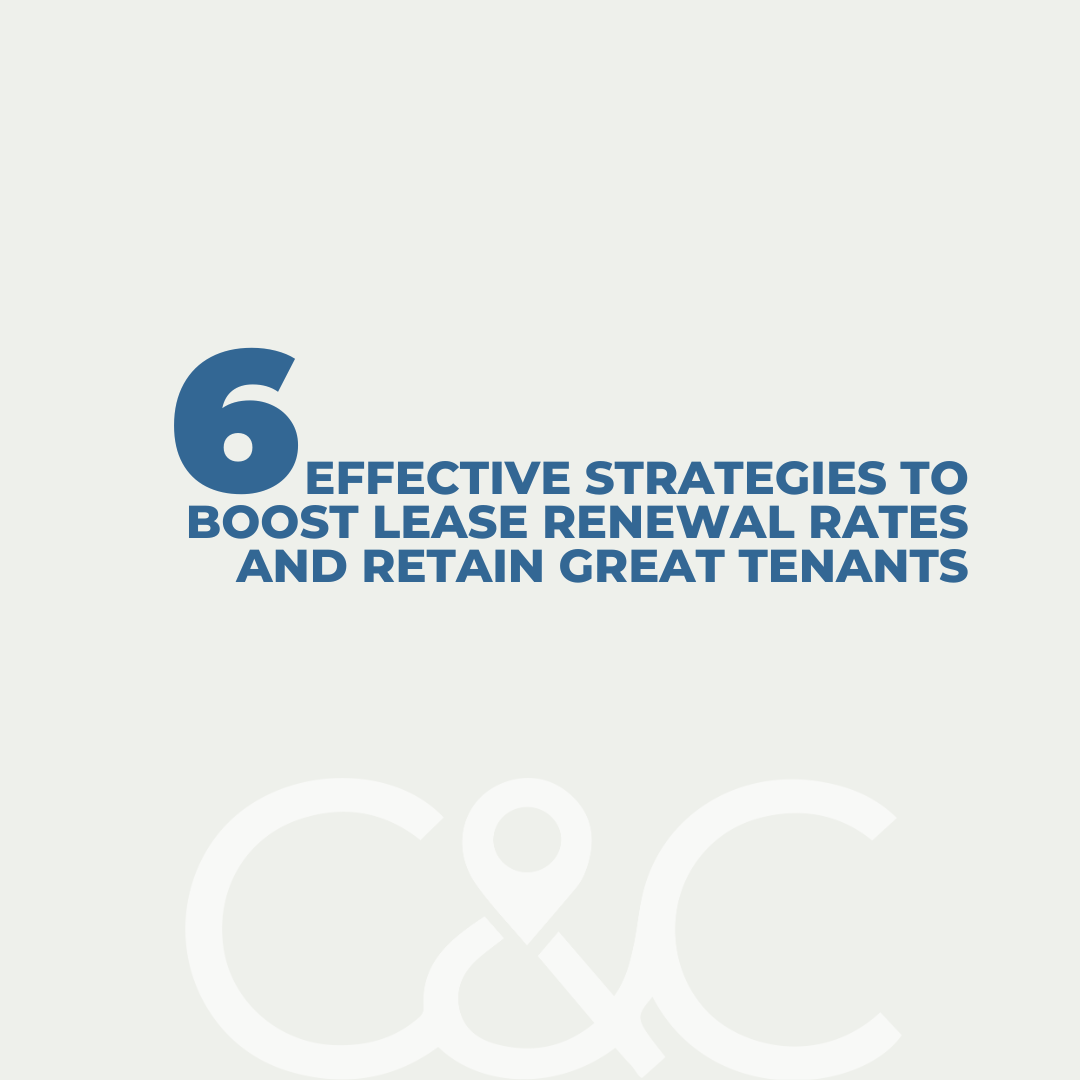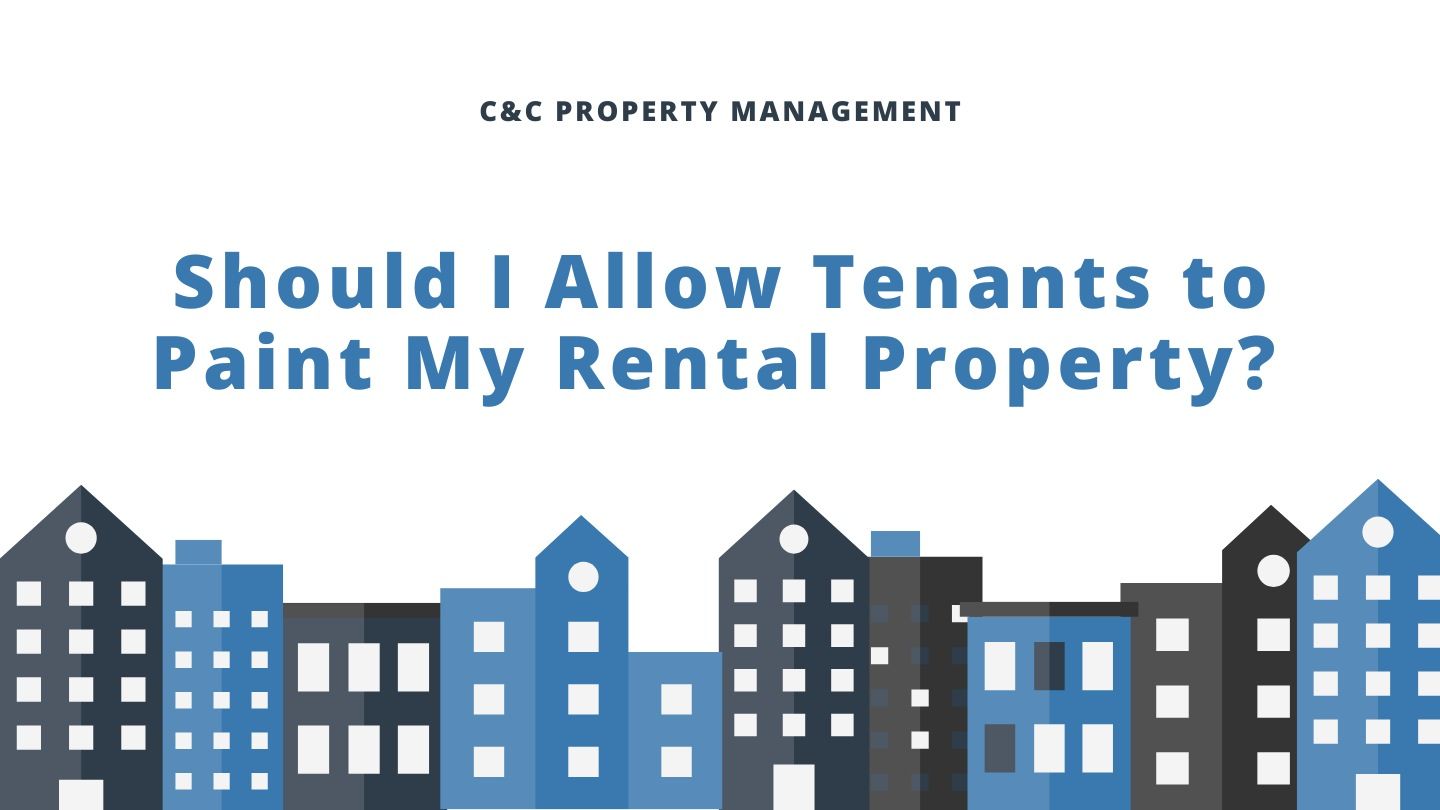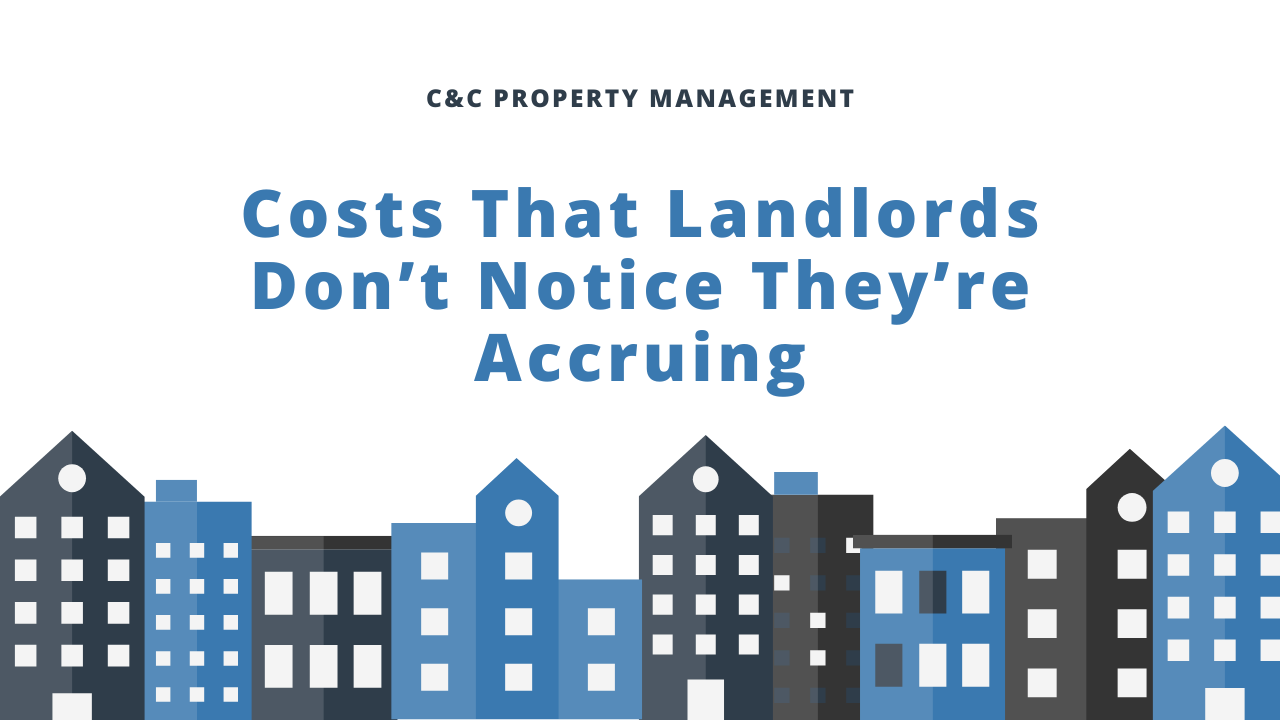6 Effective Strategies to Boost Lease Renewal Rates and Retain Great Tenants
If you're a landlord or property manager, you understand the importance of having a stable and consistent income stream.

One of the most effective ways to achieve this is by increasing lease renewal rates among your tenants. Doing so not only helps you avoid the costs associated with turnover but also allows you to keep those tenants with whom you've built a positive relationship.
Here, we'll delve into the top six strategies to enhance your lease renewal rates and keep those great tenants for the long term.
1. Create a Positive Renting Experience
One of the strongest drivers of lease renewals is offering tenants an exceptional renting experience. This means being responsive to their concerns and addressing maintenance issues promptly. Even if you plan to raise the rent, tenants are more likely to renew if they feel their needs are being met. Pay attention to feedback on property conditions and rent payment methods to make necessary improvements.
2. Solicit Regular Feedback
Regularly seeking feedback from your tenants, either monthly or quarterly, can be a valuable tool for improving the rental experience. You can collect feedback through direct conversations or by using online forms. Questions might include rating the rental experience, feedback on interactions with your team, and their likelihood to renew their lease. This feedback can guide you in making the necessary changes to increase lease renewal rates.
3. Offer Incentives
While not obligatory, offering incentives can persuade tenants to renew their lease. Consider options such as a slight reduction in rent, free rent payment reporting to credit bureaus, or waived payment processing fees. Tailor these incentives to your tenants' preferences and your budget.
4. Communicate Rent Increases in Advance
Raising rent is a common practice to cover increasing costs, but tenants may be apprehensive. It's advisable to notify tenants of your intent to raise rent at least 2-3 weeks before presenting the lease renewal proposal. This provides an opportunity for dialogue, allowing tenants to express their concerns or negotiate. Flexibility in your approach can increase the likelihood of lease renewals.
5. Streamline the Lease Renewal Process
Automation is a landlord's ally. Utilize property management software to simplify lease renewals. Input the new rent price and incentives, and the system can prompt tenants to renew electronically. This efficient process minimizes back-and-forth emails and streamlines lease renewals.
6. Enhance the Rental Property
Consider making improvements to the rental property itself. Refreshing paint, updating kitchen appliances, or adding desirable features can make the property more appealing to tenants. Ensure any tenant-initiated changes comply with landlord-tenant laws and lease agreements.
In Conclusion
Retaining tenants not only ensures a stable income stream but also enhances your business's reputation. Implementing strategies such as offering incentives, regularly seeking feedback, and improving the rental property can significantly impact lease renewal rates. By focusing on tenant satisfaction and open communication, you can foster lasting relationships with your renters and enjoy the benefits of long-term leases and reduced turnover costs.
Corporate Office
C&C Monterey PM Inc. DRE 01526734
Kyle Chernetsky DRE 01928366
Kevin Cesario DRE 01953086








